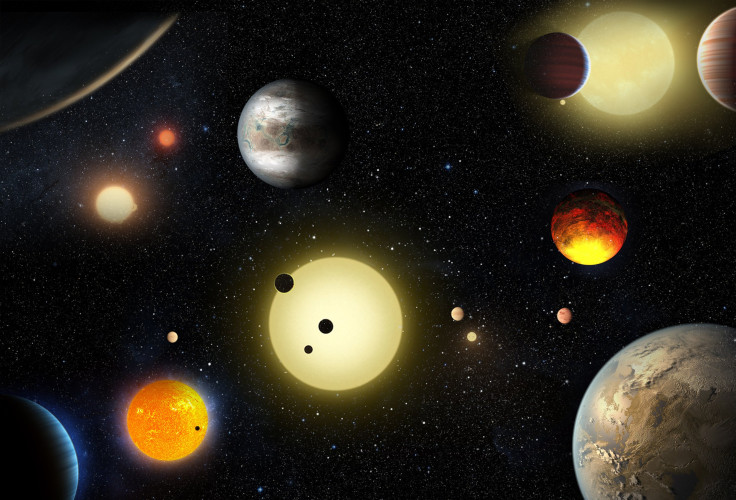Earth-like planet Kepler 62f, 1200 light years away, may support human life; Water in liquid form a possibility

NASA discovered Kepler 62f exoplanet in 2013 via its Kepler space telescope. However, scientists are now of the opinion that the earth-like planet, 1,200 light years away may support human life. The planet is about 40 percent larger than Earth and is orbiting a star like our sun and is also at a comparable distance.
Quite excitingly, the planet may also posses liquid water that is extremely essential for life to form. The star it is orbiting is however a lot cooler and smaller than the sun.
Scientists believe that the planet may possess surface oceans that would enable life to sustain on the planet. Up to now, more than 2,300 exoplanets have been discovered outside our Solar System. However, only a handful of them are at a favourable distance from their sun to become habitable.
“We found there are multiple atmospheric compositions that allow it to be warm enough to have surface liquid water. This makes it a strong candidate for a habitable planet,” said lead scientist Dr. Aomawa Shields in a UCLA statement.
The new research also suggests that Kepler 62f would need a thick carbon dioxide-rich atmosphere to stop its water from freezing because of its distance from its star. However, its orbit suggests that the temperature on the planet rises above freezing temperatures during certain times of the year even if the carbon-dioxide levels are low compared to that of Earth. This may result in melting of the ice sheets to form liquid water.
Shields pointed out that in order to be continuously habitable, the exoplanet would require 2,500 times more carbon dioxide in its atmosphere. The planet should have an atmosphere three to five times thicker than Earth’s and it should be composed entirely of carbon dioxide.
This won’t be a problem for the planet as high concentration of carbon dioxide will be possible given its distance from its star. The gas can build up inside the planet’s atmosphere when temperatures grow colder and it will keep the planet warm.





















